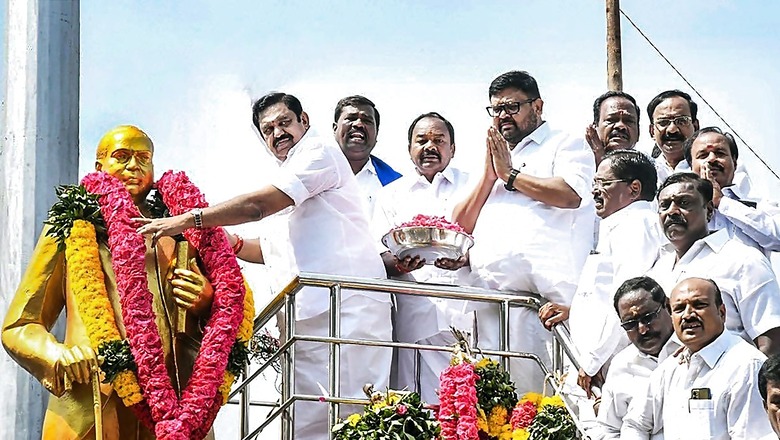
views
One of the crucial Lok Sabha constituencies in Tamil Nadu, Salem will go to polls in the first phase of the general elections on April 19. It has six assembly segments – Omalur, Edapaddi, Salem West, Salem North, Salem South and Veerapandi. It is presently represented by the DMK’s SR Parthiban.
Vignesh of the AIADMK, TM Selvaganapathy of the DMK, Manojkumar from Naam Tamilar Katchi and Annadurai from the Pattali Makkal Katchi (PMK) are the prominent candidates. The BJP-led NDA is in alliance with the PMK, which can be a major influence on how people vote in this constituency.
Here are the key issues in the Salem constituency:
- Caste discrimination: Dalit atrocities are a key issue in Salem. Castes like Vanniyars and Gounders are perceived to be discriminatory towards Dalits. A DMK leader triggered a controversy in 2023 when he was caught abusing a Dalit youth in a video for entering the sanctum sanctorum at the Periya Mariamman temple premises. The leader was suspended from the party following the incident.
- Vanniyar reservation: The PMK is battling for implementation of 10.5 per cent internal reservations for Vanniyars in the state within most backward caste data. This is a key election demand of the community. Earlier the Supreme Court had shot down the quota introduced by the previous AIADMK government as it was deemed unfair for 115 other most backward communities (MBC) and denotified communities (DNC) in Tamil Nadu.
- Demands for stormwater drainage: For the residents of Salem, stormwater drainage remains a major civic issue. During the rainy season, rainwater accumulates flooding and damaging roads. Water stagnation brings a host of issues for residents as it becomes a breeding ground for diseases. Both the DMK and AIADMK governments are accused of delaying the project to lay a stormwater drainage system in Salem.
- Dilapidated road network: Road connectivity has emerged as a major issue in Salem. While the national highways are better maintained, internal roads are primarily a concern for residents. They remain damaged and worn out, and both DMK and AIADMK governments have failed to address the issue adequately. The DMK presently controls Salem civic body.
- Chennai-Salem eight-lane corridor: This project, envisaged by the previous AIADMK government in the state hit roadblocks in 2018 because of protesting farmers, other landowners, and political parties. The DMK pulled back its opposition once it rose to power. The project remains contentious as the local community is vehemently opposed to it. Farmers alleged that they were not consulted and fear that construction of the highway will affect rice productivity. They also say they were not offered adequate compensation.
What are the voting factors?
AIADMK
Salem is traditionally an AIADMK stronghold. But, its reign has waned following former Tamil Nadu chief minister J Jayalalithaa’s death. The party has tried to reclaim lost ground in Salem if the recent assembly elections are anything to go by. Even though the constituency elected a DMK MP in 2019, in the 2021 assembly elections, the AIADMK emerged victorious in four out of six segments – Omalur, Edappadi, Salem (South) and Veerapandi. Edappadi is the hometown and seat of former CM and AIADMK’s current leader K Palaniswami.
DMK
The incumbent MP SR Parthiban is popular and influential, but the DMK has replaced him with TM Selvaganapathy. While Parthiban was working hard on the ground and helping solve issues in the constituency, he was caught in an internal feud in the local ranks of the party. Selvaganapathy was with the AIADMK till 2008 and still wields considerable influence in the Salem region.
Selvaganapathy was the first Tamil Nadu politician to be disqualified from Parliament, after being convicted in a corruption scam in 2014. He has now been leading the charge against NEET. The DMK’s vote share had increased in Salem from 18 per cent in 2011 to 48.8 per cent in 2019. But, it registered a drop to 30 per cent in the 2021 assembly election.
PMK
The PMK is the wild card in what would otherwise be a straight AIADMK-DMK contest. The party holds Salem West while the DMK holds Salem North assembly seats. It announced its alliance with the NDA last month and is contesting from 10 seats in the state as part of the deal.
In 2014, too, the PMK was in alliance with BJP and AIADMK that resulted in a consolidation of its votes with the AIADMK’s core constituency in the region — the Gounders. This time, however, things have been complicated as the BJP and AIADMK are contesting separately.
BJP
The BJP has given 10 Lok Sabha seats to the PMK in its alliance with the regional party. But, the election in Salem will largely be an affair involving the Dravidian parties. The BJP has not yet made significant inroads in the constituency. K Annamalai had held his ‘En Mann En Makkal Yatra’ in the district in December.
Caste the dominant factor
When it comes to voting patterns, caste is the dominant factor in Salem constituency. With 89 per cent of its population being Hindu, the district has not witnessed any major signs of polarisation. Instead, caste plays a major role with the dominant being the Vanniyars, followed by Gounders – both intermediary castes.
Gounders are more prevalent in Kongu region and form a considerable chunk of the population in Salem and are a core vote bank of the AIADMK. In fact, Palaniswami belongs to this community.
Though located largely in northern Tamil Nadu, Vanniyars also form a dominant caste in Salem. They are a key constituency of the PMK. Vanniyars were historically seen as a backward caste, but they claim to be Kshatriyas.
They comprise around 25 per cent of the population in Salem. Owing to their population size and concentration, they wield significant political clout. The PMK draws its support from the Vanniyar Sangam, a caste association.
Doles for Women
Women are going to play a major role in decided the fate of the election in Salem. The DMK’s Kalaignar Magalir Urimai Thittam scheme (Kalaignar Women’s Entitlement scheme) has won the hearts of women in need. Under the scheme launched in July 2023, eligible women receive Rs 12,000 per year, which makes a considerable impact in their lives. Naturally, this scheme has emerged as a big hit for the DMK government.












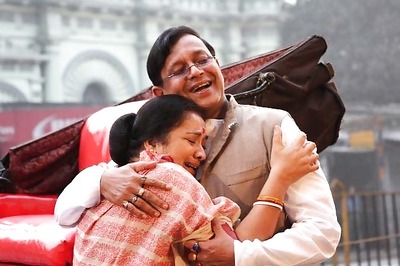
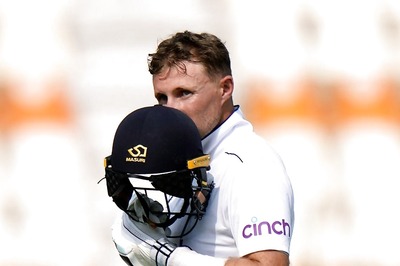

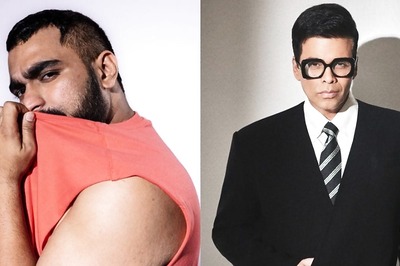
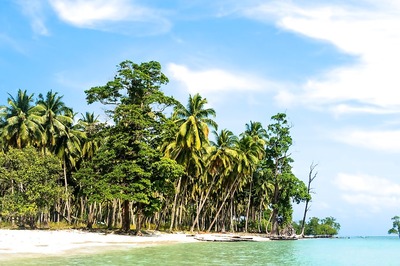
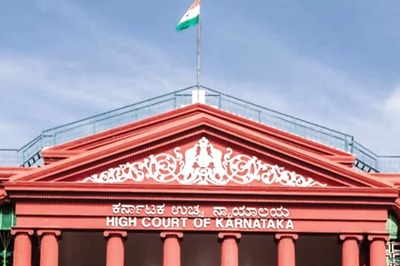
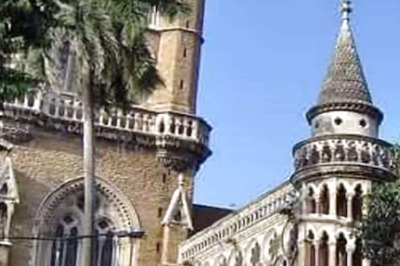
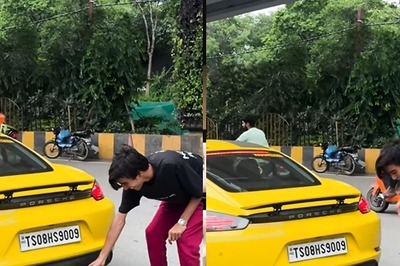
Comments
0 comment